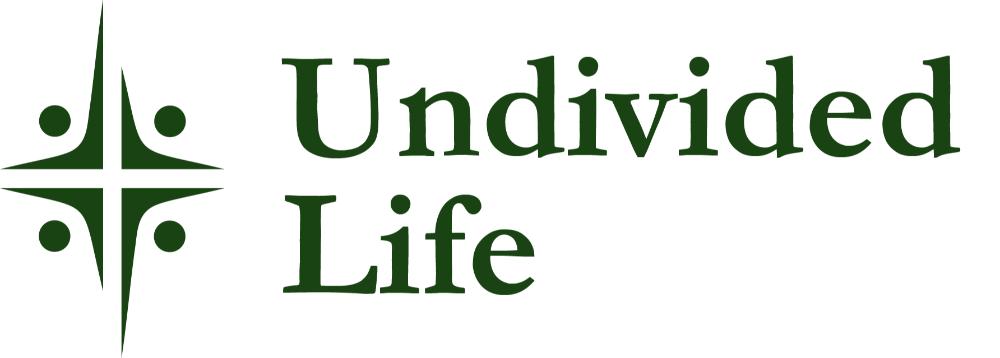Three Common Barriers to Coachability
Sep 19, 2023
To be coachable, you should not defend, rationalize, or dismiss the coaching contributions of others.
Coaching is foundational to great culture building, but it requires fertile soil.
Unfortunately, most organizations lack the tools and leadership development to foster the behaviors and communication for open and honest coaching.
Instead, they fall into the trap of the big 3 reactions. They defend every decision and interaction they’ve ever had, rationalize why the outcomes were different than expected, and dismiss the corrections and advice of others by blaming the other person for just “being that way.”
But how do you remove these natural reactions from your company’s ethos?
I believe it starts with the intentional approach of the leaders.
If you are in a position of authority at your company, you can begin talking about expectations and outcomes of a situation without emotional attachments. Simply share your expectations, the actions you took, and the timeline you used, and then reflect on the results – did they meet, not meet, or exceed expectations?
No emotion necessary.
When you take this unemotional approach, you can also begin to coach others on it. Help teammates explain how the outcomes of a project or activity compared to their expectations and then review what variable they could adjust to produce different results. If they came up short of their goal, ask what they might change about the timeline, the resources they utilized, the expert help they sought, the budget, their priorities during the project, etc.
And, if the results exceeded expectations, go through the same logic. Perhaps there is more to do with this type of project in the future. Maybe it can be accomplished faster, or the lessons learned can be applied to other parts of the business. But remain in that unemotional state even when reviewing a project that goes better than planned to create fertile ground for open and honest feedback regardless of outcomes.
This mindset shift is foundational for the more advanced coaching architecture options available.
This week, your challenge is to listen for the language that is preventing coachability in others.
Pay attention to phrases like
- “What you don’t understand…”
- “The reason that happened...”
- “It wasn’t my fault that…”
- “That’s just Sally being Sally…”
And work with that person to remove the need to defend, rationalize, and dismiss.



